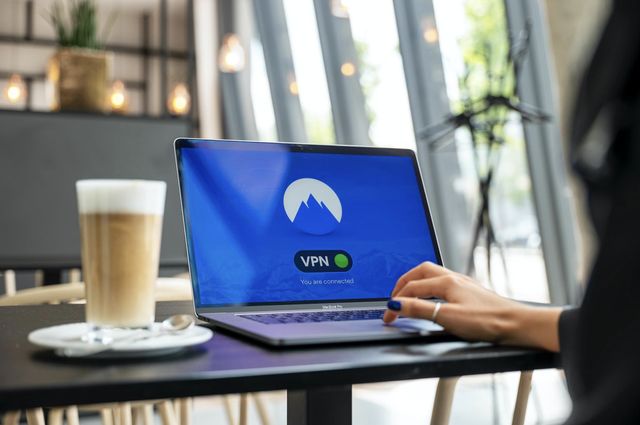VPN vs. Proxy: Understanding the Differences and Choosing the Right Privacy Solution
- Category: Pics |
- 29 Dec, 2023 |
- Views: 737 |
Proxies and VPNs provide internet users with privacy online, but each has a different functionality. Internet users constantly fear their data being accessed by unauthorized people, especially criminals. As a result, VPNs and proxies are becoming more popular as people seek secure internet access.
VPN stands for virtual private network. They provide a secure digital connection between your device and the VPN provider's remote server. Using a VPN encrypts your IP address, allowing you to send and receive information online without anyone seeing it. This makes VPNs a great option for a secure internet connection when using public networks.
There are different types of VPN: site-to-site, personal, mobile and remote access VPNs. For example, one personal use is a VPN for online gaming. Businesses use corporate VPNs to ensure their staff have a secure internet connection regardless of the internet service provider they use or where their staff are located.
Proxy servers are routers or systems providing internet users with a secure gateway to the internet by retrieving data from the source. These have a unique Internet Protocol (IP) address, showing a direct source of online activity. The functionality of a proxy server allows it to create web filters and firewalls protecting users from possible cyber-attacks.
There are different types of proxies: forward, transparent, anonymous, high anonymity, distorting, data center, residential, public, SSL, and shared. The various types of proxy servers have different capabilities that meet the diverse needs of internet users.


